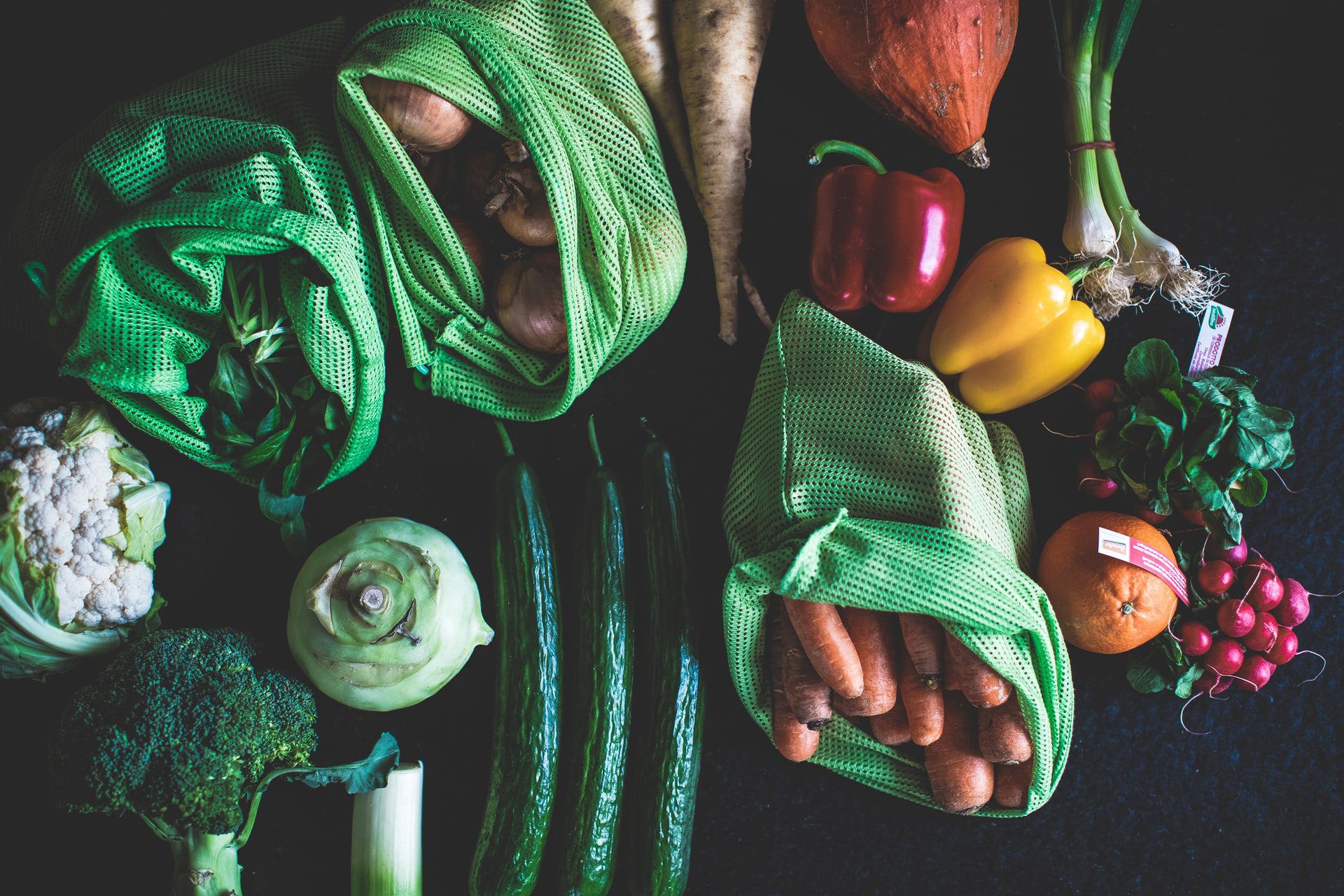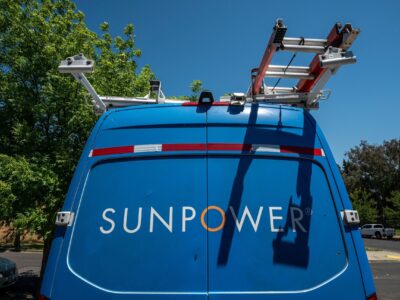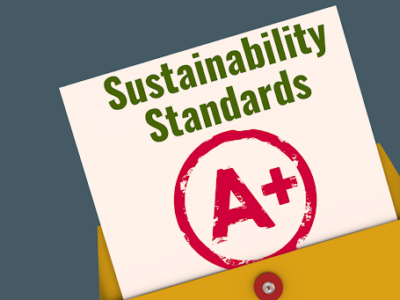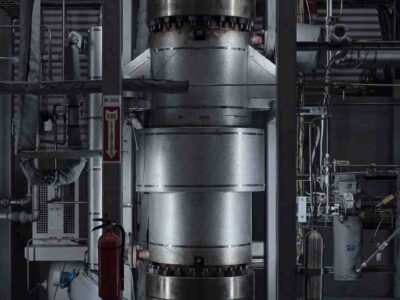It’s something often taken for granted – you have leftover food, and you simply toss it in the wastebasket, or shove it to the back of the fridge – often forgetting about it until it’s not safe to eat anymore. Those unconscious actions add up across a nation: such afterthought can contribute to huge losses in the national food supply chain. In Maine, the state’s Department of Environmental Protection (DEP) and the Senator George J. Mitchell Center for Sustainability Solutions at the University of Maine have teamed up for a first-ever campaign to educate residents about food waste. Together, they launched Food Rescue MAINE, an education, and action campaign to raise awareness about food recycling and food rescue. The goal is to reduce the amount of food going to waste in landfills across the state. “Maine Food – Too Good to Waste” is the project slogan.
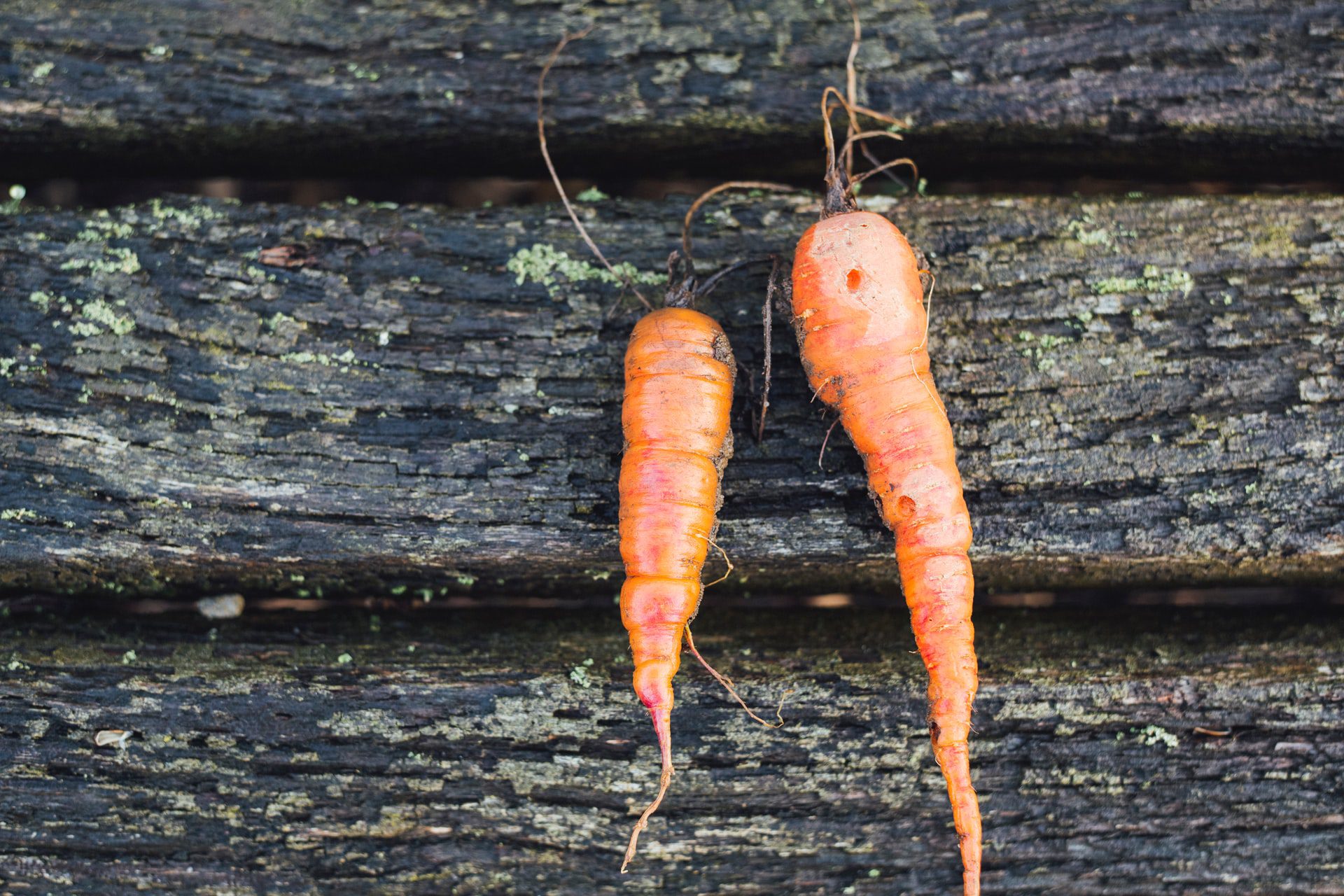
“We are so pleased to be able to support the Mitchell Center, continuing to be involved in waste management issues in the state,” said Maine DEP Commissioner Melanie Loyzim. “It feels like our grant investment in the Mitchell Center is one that is just going to multiply over the years.”
Food loss costs Maine an estimated $600 million each year. Rescue MAINE hopes to improve the situation using a six-prong attack: tracking and measuring food usage, improving communication between sectors, increasing producers’ awareness of recycling options, educating students and consumers, building up the state’s donation infrastructure and expanding access to alternative food waste landfills.
The campaign is designed to truly inspire both private and corporate recycling action and to ensure the best and smartest use of the state’s food. Twelve percent of Maine’s residents (and 20 percent of Maine’s children) don’t know where their next meal is coming from. The DEP recognizes this is unacceptable and is supporting the launch with nearly $28,000 in grants. Portland, the state’s most populous city, known for delicious seafood and award-winning chefs, is leading the charge with five new food waste recycling sites. The food collected at these sites will be studied by the Mitchell Center to help better understand the environmental and economic benefits of saving food. The city is also piloting a new education outreach program in elementary schools.
“Focusing on educating children that ‘food is not trash’ will ensure a better future for Maine by providing food waste activities, educational videos, and challenge contests,” explained Mitchell Center intern Hannah Crayton. “We will be empowering students to make a difference.”
Cities such as Waterville, Winslow, and a Fayette-Wayne-Readfield coalition have also opened recycling sites, which include educational materials and signage to publicize the opening of several community food rescue programs. Food Rescue MAINE also launched a comprehensive website that includes all state-wide food recycling and composting locations, as well as fun recipes for leftovers.
Rescue MAINE is clearly a win-win economic and solution for individuals, businesses, and communities in The Pine Tree State. But it’s not just about Maine. In the United States, more than 40 percent of food is never eaten. In fact, it’s the single largest category of waste in American landfills. The impact on the country goes far beyond just wasting what we eat, it’s also wasting labor, natural resources, energy, and water. On the federal level, the U.S. Department of Agriculture, the Environmental Protection Agency, and the Food and Drug Administration have also established a food waste education program. Established in 2018, the Winning on Reducing Food Waste Initiative is working with the new federal administration to educate Americans about the problem. As states like Maine take the initiative to further educate their populations, food waste will slowly become a thing of the past.

